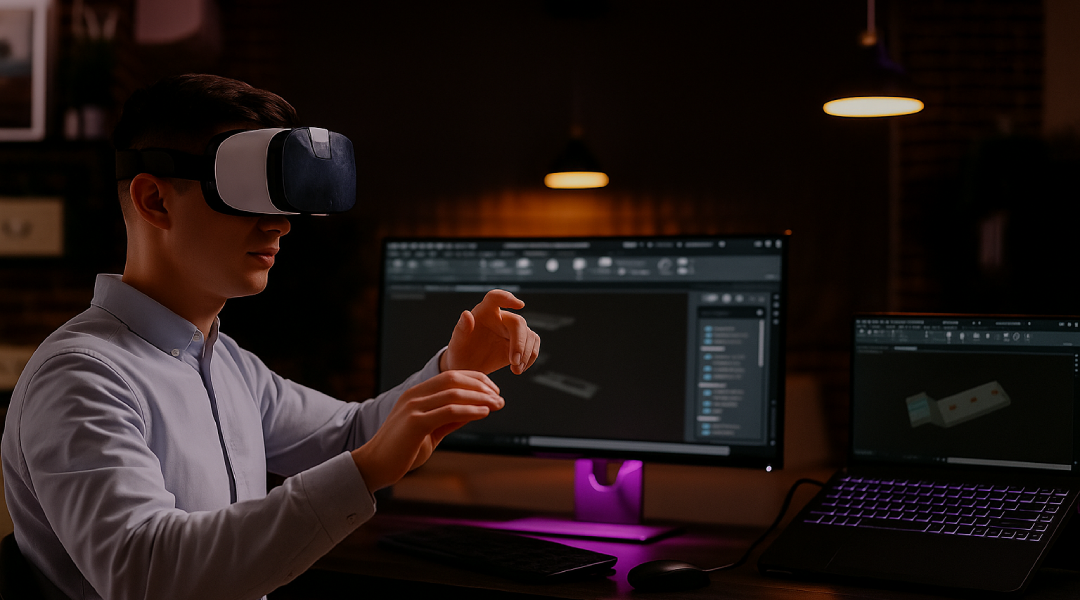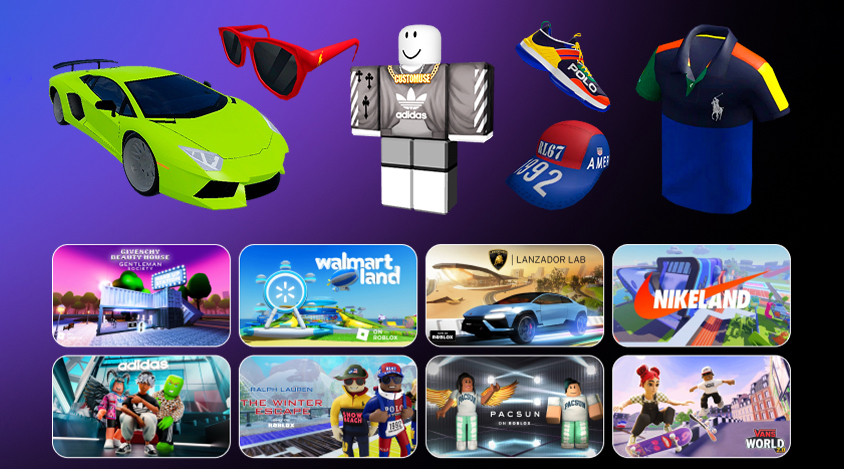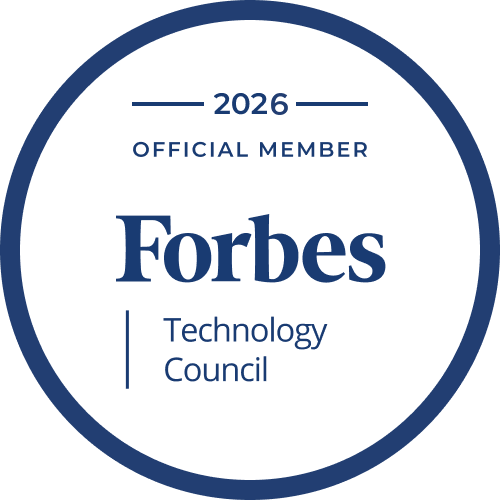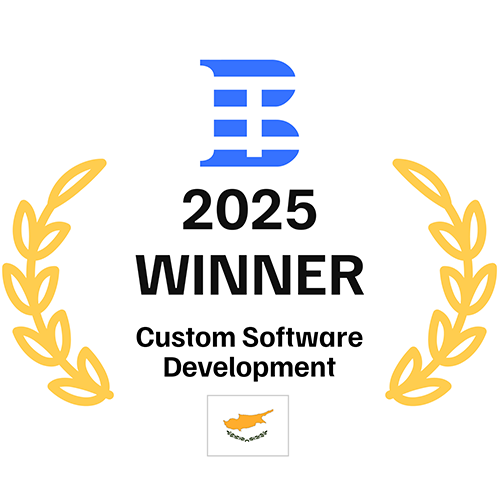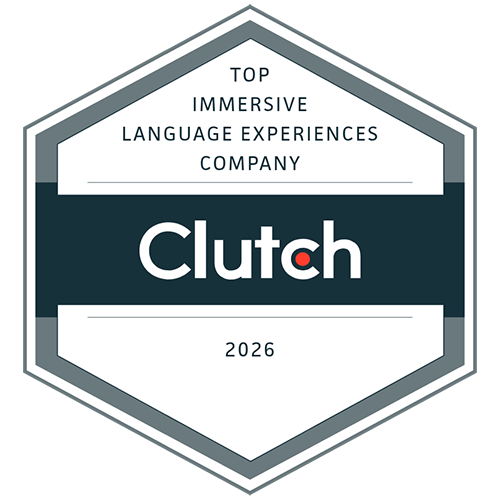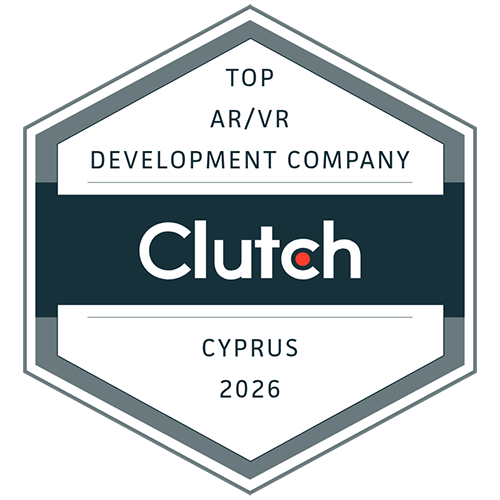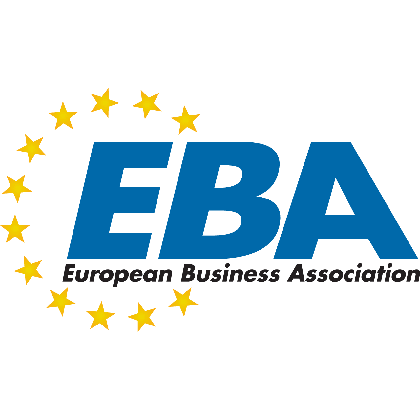Integrating metaverses into various sectors has become a focus, especially on how these virtual environments can enhance educational systems. The concept of education in the metaverse presents an innovative approach to remote learning, an idea that has gained significant traction following the global shift towards digital interaction spurred by the COVID-19 pandemic. As society became more accustomed to remote operations across various fields, including work and healthcare, the potential for the metaverse to redefine educational paradigms has become sharper focus.
Technological leaders are at the forefront of exploring and articulating how the metaverse can serve as a dynamic educational institution. The metaverse in education offers a unique blend of interactivity and immersion that traditional online learning platforms struggle to match. By leveraging extended reality (XR) technologies, educational content is not just presented; it is experienced, offering a depth of engagement that can significantly enhance learning outcomes.
The role of a metaverse development company in this evolving sector is critical. These companies are tasked with not just envisioning but actualizing the spaces where education in the metaverse can thrive. As the metaverse continues to develop, these entities are pivotal in determining how quickly and effectively education can transition into these new virtual spaces. Creating a metaverse education platform represents a significant leap forward, providing a structured environment where learners can interact with educational material more engaging and effectively.
The adoption of the metaverse in education is not merely a speculative venture; businesses and educational institutions alike are actively pursuing it. The allure of creating a metaverse education platform that can host a myriad of educational activities — from lectures and seminars to interactive labs and field trips — presents a compelling case for investment. As the metaverse becomes an increasingly familiar concept, its potential to host a comprehensive and immersive educational experience is becoming more tangible.
Impact of the Metaverse on Education
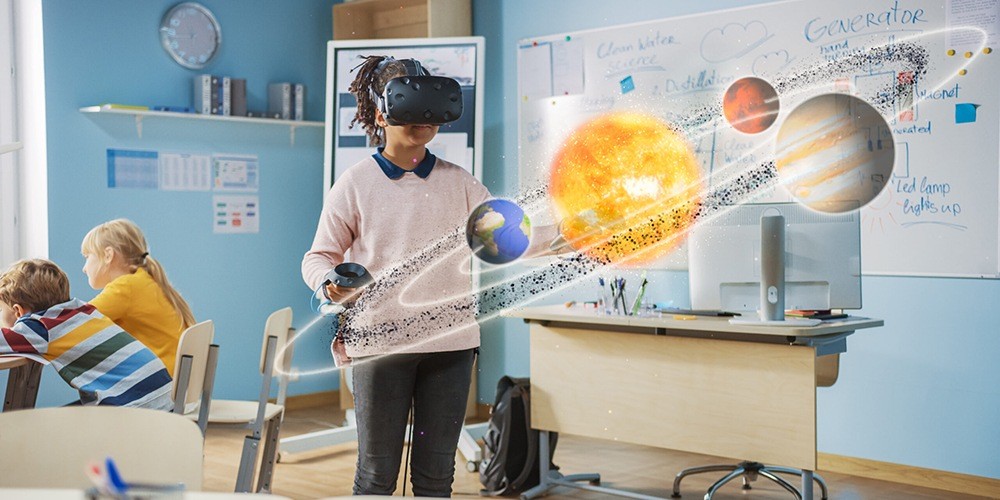
Before we explore the transformative potential of digital advancements in the educational sector, it's essential to clarify what the metaverse is. The driving forces behind this shift are multifaceted, encompassing the need to expand educational access, enhance the convenience of learning processes, and ensure cost-effectiveness. These elements underline the inevitability of e-learning's prominence in the academic sector's future trajectory. Integrating digital platforms in educational methodologies is not just a trend but a fundamental shift toward more inclusive and accessible learning environments.
The convergence of the metaverse and education might initially appear as an unlikely pairing, yet the rapid advancements in technology are bridging this gap more swiftly than anticipated. The use of metaverse in education is setting a new precedent for e-learning, offering students immersive and interactive virtual environments that were once the stuff of science fiction. The anticipation around the metaverse's impact on education is palpable, with predictions pointing towards a radical transformation in how educational content is delivered and experienced.
The contribution of the metaverse to the evolution of education is multifaceted, introducing learners to engaging virtual settings where traditional and innovative teaching methods converge. These environments promise a richer, more interactive learning experience, extending beyond conventional classroom boundaries to offer practical, hands-on learning opportunities and a broader spectrum of educational possibilities. The future of education, with the metaverse at its core, envisions a hybrid model where online and physical learning spaces coexist and complement each other, thereby enhancing the educational landscape.
Leveraging the metaverse for education unlocks unprecedented possibilities for both students and educators, injecting a new level of engagement and interactivity into the learning experience. Platforms within the metaverse, such as the popular gaming site Roblox, exemplify how entertainment and education can merge seamlessly.
On this platform, users don't merely engage in gameplay for entertainment; they can create and participate in educational experiences. These virtual classrooms, hosted on private servers, represent the innovative potential of the metaverse education platform, where learning and play intersect, enriching the educational journey with creativity and engagement.
Program-Ace Developed an MR Experience Metaverse Platform
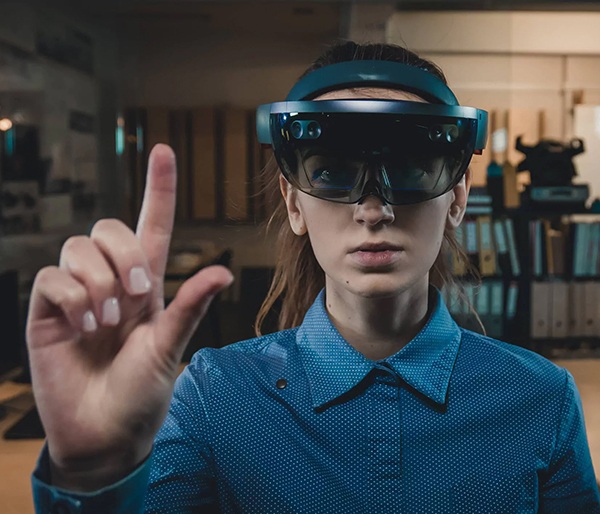
As a cloud-based VR world, this mixed reality platform is where you can quickly and almost effortlessly design spatial training apps. No coding experience is required. The Program-Ace team has put great effort into making the solution user-friendly and functional.
Benefits of the Metaverse in Education
1. Immersive learning experiences. Education thrives on engaging experiences that help students effectively retain and apply crucial knowledge. The metaverse introduces a revolutionary education platform, enabling learners to embark on virtual explorations across different historical epochs. Picture a lesson on Ancient Greece where students and educators gather virtually at the reconstructed sites of the Acropolis of Athens or Ancient Corinth, creating an immersive and impactful learning experience.
2. Risk-free skill application. Traditional educational methods often fall short in providing students with the opportunity to apply new skills in a risk-free environment, a challenge that becomes even more pronounced during global crises. Imagine a scenario in a metaverse education setting where healthcare students can observe and mimic complex surgical procedures under the guidance of a professional, all without the looming risk to patient safety.
3. Gamification in learning. The metaverse brings a new dimension to e-learning by integrating gamification, thereby enhancing skill acquisition and expertise development. This blend of entertainment and education boosts student engagement significantly. The Unity metaverse, with its advanced tools and functionalities, allows for incorporating interactive and enjoyable elements into the learning process, making education both fun and effective.
4. Accelerated learning. The PwC research highlights a significant advantage of VR-based training within the metaverse, showing that employees can learn up to four times faster than traditional methods. The combination of engaging experiences, gamification, and practical application makes learning more enjoyable and efficient, significantly improving the likelihood of rapidly mastering new skills or knowledge.
5. Realistic learning environments and interaction. Traditional educational settings often lack the dynamics to foster active student communication and engagement. In contrast, metaverse education platforms provide realistic environments encouraging lively discussions and interactions, leading to a more immersive learning experience. This heightened sense of immersion boosts student performance and motivation, encouraging them to participate and share their newfound knowledge actively.

Disadvantages of Metaverse Learning Environments
Without a doubt, metaverse online education can become a double-edged sword, with noteworthy drawbacks resulting from remote learning combined with XR technology.
Accessibility concerns. The cost of VR headsets and necessary hardware poses a significant barrier to entry for students wishing to join online classrooms within the metaverse. The availability of these digital learning spaces is contingent upon the metaverse platform's quality and educational institutions' willingness to invest in the required technology. It is anticipated, however, that universities, colleges, and other organizations will step up to provide the essential hardware and software, thereby enhancing accessibility.
Risk of reduced social interaction. Frequent engagement in metaverse education may lead students, especially younger ones, to become more accustomed to social isolation. Interpersonal communication and socializing are crucial in building strong relationships within teams in educational or professional environments. The transition to virtual interaction could potentially impact these vital social skills.
Incidence of virtual bullying. While bullying is a concern in both physical and digital classrooms, its manifestation in the metaverse is an issue that requires attention. The anonymity and detachment the digital environment offers can sometimes intensify such behaviors. However, it's important to note that these challenges stem from how the technology is used and the conduct of its users rather than the metaverse education platform itself. Promoting ethical use and positive engagement is essential in overcoming these hurdles and leveraging the full potential of metaverse education.
Aspects to Consider Before Implementing the Metaverse in Education
Integrating the metaverse in education heralds a transformative shift in teaching and learning methodologies. However, several critical aspects warrant careful consideration to ensure the successful adoption of a metaverse education platform.
Technological infrastructure. The backbone of metaverse education lies in robust technological infrastructure. Ensuring educators and learners have access to high-speed internet and compatible devices is paramount. The metaverse requires substantial computational resources, and with the necessary hardware and software, the potential of a metaverse education platform can be fully realized.
Curriculum integration. Seamlessly incorporating the metaverse into existing educational curricula poses a significant challenge. Educators must design lessons that leverage the metaverse's unique capabilities, such as immersive virtual environments and interactive simulations, to complement and enhance traditional teaching methods.
User training. Comprehensive training for teachers and students is crucial for metaverse education to be effective. Familiarizing users with navigating the metaverse, interacting within virtual environments, and utilizing platform-specific tools is essential for maximizing the educational benefits of the metaverse.
Equity and accessibility. The digital divide is a critical concern in the rollout of metaverse education. Ensuring equitable access to the metaverse education platform for students from diverse socioeconomic backgrounds is essential. Strategies to provide necessary technologies to underprivileged learners will be crucial in democratizing education within the metaverse.
Privacy and security. The metaverse's immersive nature raises significant privacy and security concerns. Protecting students' personal information and ensuring a safe learning environment within the metaverse must be prioritized. Developing robust security protocols and privacy safeguards is essential for maintaining trust in metaverse education platforms.
Ethical and social considerations. The impact of prolonged exposure to virtual environments on students' social skills and mental health is an area that requires careful consideration. Establishing guidelines for healthy usage and fostering social interactions within the metaverse education platform is critical to ensuring a balanced and holistic educational experience.
In general, while the metaverse offers exciting new avenues for education, a thoughtful approach to its implementation is necessary. Addressing these aspects will be vital to unlocking the full potential of the metaverse in education, creating engaging, effective, and inclusive learning experiences for all students.
While the metaverse provides exciting new educational opportunities, its application requires careful consideration. Addressing these issues will be critical to realizing the metaverse's full potential in education, resulting in engaging, effective, and inclusive learning experiences for all students.
Furthermore, in order to adapt to the changing metaverse landscape, educational institutions must cultivate an innovative and continual improvement culture. Educators and administrators must stay adaptable and willing to incorporate new technologies and approaches that improve the metaverse education platform. Professional development for educators, focusing on the pedagogical possibilities of the metaverse, will guarantee that they are well-equipped to guide students through these virtual learning environments.
Collaboration with stakeholders, such as students, parents, and industry experts, will also play an important role in developing metaverse education platforms that meet the different requirements and expectations of the educational community. By developing relationships that enable feedback and co-creation, educational institutions may create metaverse learning experiences that are not just technologically sophisticated but also pedagogically sound and student-focused.
In conclusion, discovery and cooperation are the road to incorporating the metaverse into education, necessitating a dedication to quality, diversity, and adaptability. As we negotiate this new region, the educational community's collaborative efforts will be critical in fulfilling the metaverse's revolutionary potential for learners worldwide.
How to Use the Metaverse in Education
The advent of metaverse schools and universities marks a significant evolution in education, offering an innovative method to deliver instruction to students globally without needing physical relocation. This paradigm shift in educational delivery enables learners to access a world-class education from the comfort of their own homes, eliminating geographical and logistical barriers that once limited learning opportunities. Developing solutions by businesses to equip educational institutions with the tools required for this digital leap represents a collaborative effort in redefining educational norms.
Educators play a crucial role in this transformation by customizing and adapting the software to meet the diverse needs of their students, ensuring that the metaverse education platform is not only accessible but also tailored to provide a rich learning experience. This collaborative endeavor between technology developers, educational institutions, and educators enhances the functionality and applicability of metaverse universities, expanding the range of instructional methodologies and learning experiences available to students, whether in traditional classroom settings or engaging from remote locations.
Metaverse education platforms are versatile because they seamlessly integrate with physical classroom environments and home-based learning setups. This flexibility allows educators and students to choose the learning mode that best suits their needs and circumstances, making education more adaptable and personalized than ever before.
Considering the myriad advantages of metaverse training, this technology's potential applications and benefits are boundless. The effectiveness and impact of metaverse in education are contingent upon the creativity, innovation, and commitment of those who implement and utilize these platforms.
Whether for augmenting classroom teaching or facilitating remote learning, the metaverse stands as a powerful tool in the arsenal of modern education, promising to revolutionize how knowledge is imparted and acquired. Each educational institution that adopts this technology broadens the education scope, offering unprecedented opportunities for engagement, interaction, and exploration in the digital frontier.
Teaching in the Metaverse
Integrating teaching within the metaverse presents challenges and opportunities, particularly for educators accustomed to traditional instructional methods. The shift towards metaverse education offers unparalleled versatility, enabling teachers to transcend conventional boundaries and profoundly enhance the learning experience.
Within the immersive environments of metaverse classrooms, educators have the liberty to demonstrate complex concepts and facilitate the practice of skills that would be impractical or hazardous in a physical setting, thereby safeguarding student well-being while expanding their learning horizons.
The transformative potential of metaverse in education extends to transforming pedagogical approaches, making lessons captivating explorations that significantly boost students' engagement and comprehension. Leveraging the metaverse, educators can craft interactive, experiential learning journeys that delve into subjects with a depth and vividness impossible in traditional classrooms.
Recent research emphasizes the growing enthusiasm for VR's role in education, with a significant proportion of teachers and parents recognizing its potential to enrich education; so the facts are that 54% of teachers and 41% of parents are excited about the increased presence of VR in education. The ability to employ multifaceted teaching methods within a 3D environment, free from the constraints of physical safety concerns, marks a significant advancement in educational technology.
Moreover, the versatility of VR and the metaverse education platform allows for a harmonious integration with existing educational frameworks. From conducting virtual surgeries to exploring historical eras, metaverse training offers a valuable supplement to conventional teaching techniques. This dual approach caters to educational institutions at various stages of technological adoption, providing options for those not yet prepared to transition away from traditional education models fully.
Metaverse education serves as a powerful adjunct, offering alternative pathways for enriching the curriculum and engaging students in immersive, impactful learning experiences that extend far beyond the confines of the classroom. This innovative approach not only broadens the scope of educational possibilities but also prepares students and educators alike for a future where digital and physical learning environments coalesce seamlessly.
Learning in the Metaverse
Adopting metaverse technology in the educational sector is poised to transform traditional learning paradigms into interactive, risk-free environments, particularly in disciplines requiring hands-on experience. In aviation training, for instance, the metaverse offers a sophisticated simulation platform where students can master flying techniques in a controlled, virtual setting, eliminating the inherent risks of real-world flight training.
In the context of higher education, the metaverse's role is instrumental in redefining student and educator interactions, blurring the lines between education and entertainment. The conventional dichotomy between gaming (seen as leisure) and studying (often viewed as a chore) is gradually diminishing.
Through the strategic incorporation of gamification within the metaverse education platform, educational content becomes more compelling, closely mirroring games' immersive and interactive nature. This fusion of gaming elements into educational frameworks significantly boosts student participation and interest, making learning an enjoyable and rewarding experience.
Furthermore, the metaverse education model catalyzes technological curiosity among students, fostering a deeper appreciation for the digital innovations shaping contemporary society. As students navigate through various modules within the metaverse, they gain practical insights into its applications beyond academia, including communication, collaboration, and professional development.
Such hands-on experience with metaverse technologies equips students with valuable digital literacy skills and prepares them for the increasingly tech-centric job market. The ongoing exploration of the metaverse in education, underscored by continuous research and development, promises to unlock new potentials in teaching methodologies, student engagement, and the overall educational experience.
How to Build a Quality Metaverse Education Platform
Building a high-quality metaverse education platform requires strategic collaboration with a professional company combining cutting-edge technology and educational insights. Here's a structured approach to ensure the development of an effective platform:
1. Define educational objectives and requirements
Start by outlining the educational goals, target audience, subject scope, and learning outcomes you wish to achieve. A professional company will tailor the platform's design and functionality based on these specific requirements, ensuring it aligns with your educational vision.
2. Select a company with relevant experience
Choose a company with a proven track record in developing metaverse platforms, especially those focused on education. Their portfolio should showcase technical expertise in virtual and augmented reality technologies and an ability to integrate educational content into immersive environments.
3. Emphasize user experience (UX) design
The success of an educational platform hinges on its usability. Ensure the company prioritizes intuitive navigation, engaging interfaces, and accessible content to facilitate a practical learning experience for students and educators.
4. Incorporate scalable and flexible architecture
Opt for a platform built on a scalable architecture to support an increasing number of users and content expansion. Flexibility is crucial for seamlessly facilitating future updates and enhancements.
5. Focus on interactivity and engagement
Interactive elements like simulations, gamified learning experiences, and collaborative projects are essential. The chosen company should be adept at leveraging these features to make the learning process more engaging and impactful.
6. Ensure robust data security and privacy protections
To protect sensitive educational data, implement stringent security measures, including end-to-end encryption and secure authentication methods. Compliance with data protection regulations is also paramount.
7. Plan for continuous support and maintenance
Post-launch support addresses technical issues and ensures the platform remains current with technological advancements. The outsourcing company should provide comprehensive maintenance and technical support services.
8. Pilot testing and feedback integration
Conduct pilot testing with a select user group to collect feedback on the platform's functionality and user experience. Use this feedback to refine and enhance the platform, ensuring it effectively meets users' needs.
Collaborating with a business that combines technological knowledge and pedagogical savvy is critical to creating a metaverse education platform that engages and endures in today's changing digital education world.
Create Your Metaverse Education Solution with Program-Ace
Universities and organizations involved in educating others require a constant inflow of innovative solutions to make training more user-friendly, engaging, exciting, and optimized for different learning scenarios. Hence, businesses should join the metaverse craze with a clear understanding of their contribution and what they can offer to benefit society.
Fortunately, Program-Ace is a reliable software development service provider whose profound experience in immersive technology may come in handy for those willing to develop their own metaverse solution for education. If you don’t want to hesitate any longer, contact us and get an opportunity to discuss your project with a professional metaverse development company.

